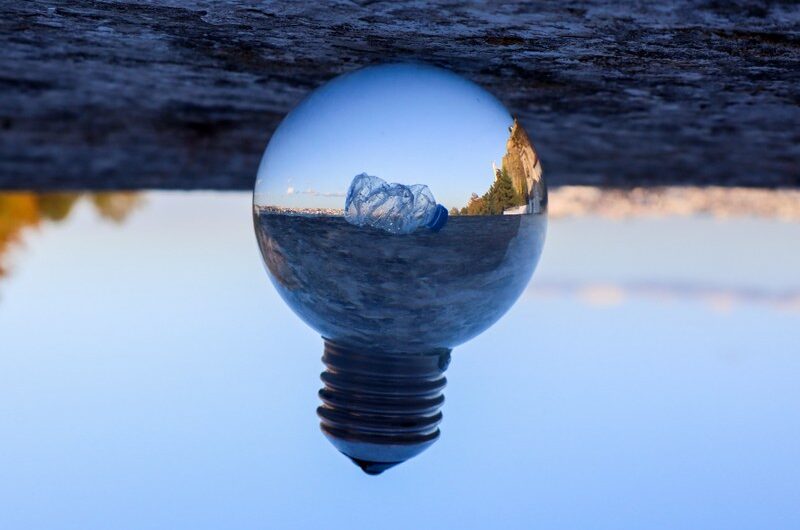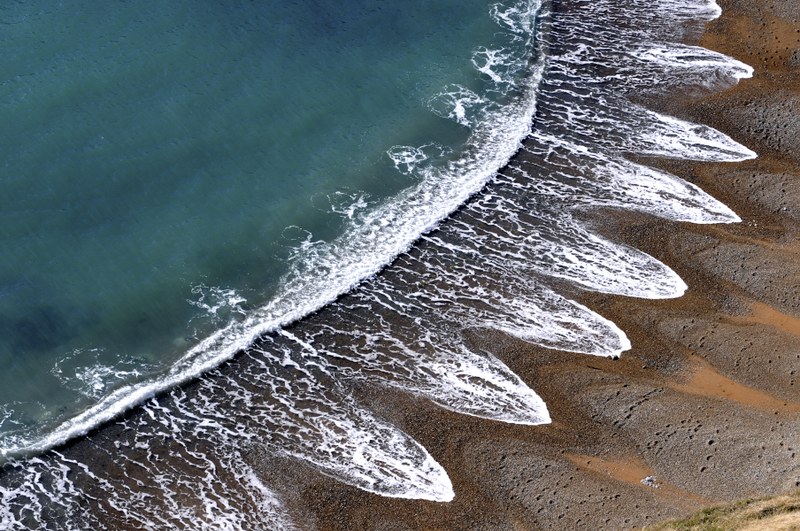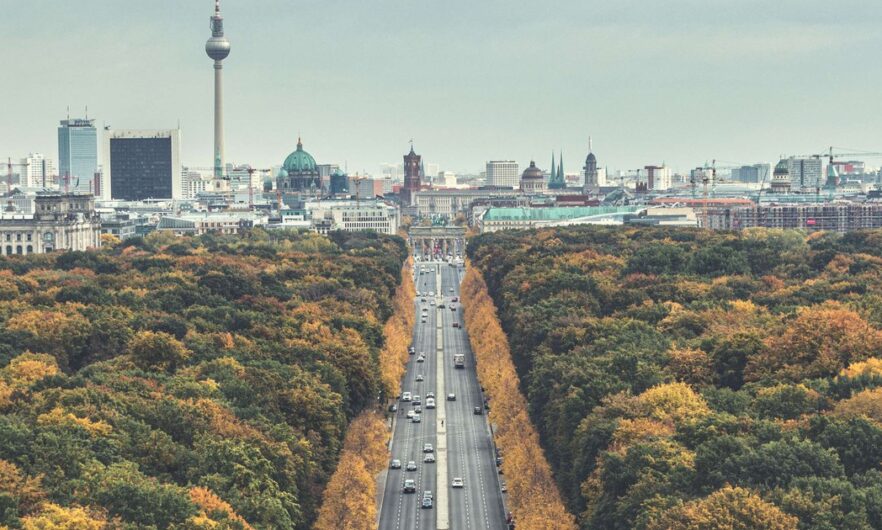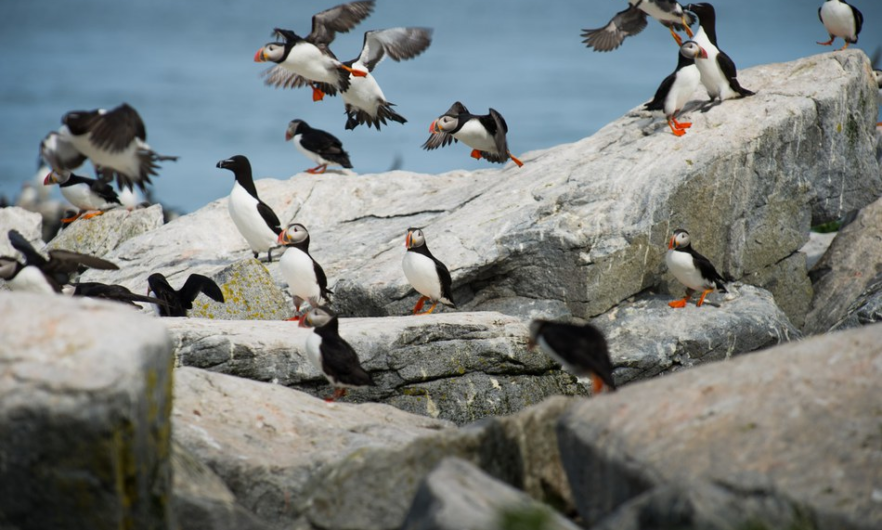Better links between waste management, circular economy and climate change mitigation measures can boost greenhouse gas emission reductions
Recycling, repair, re-use or reducing material consumption through circular business models can provide important additional reductions in greenhouse gas emissions helping to boost Europe’s climate change mitigation efforts, according to a European Environment Agency (EEA) briefing published today. The new EEA briefing found...
Warming, acidification, dropping oxygen levels threaten Europe’s seas
Climate change’s triple impact on seas — warming waters, acidification and decreasing oxygen levels — are a major and increasing threat to Europe’s marine ecosystems. A European Environment Agency (EEA) briefing, published today, looks at main threats to Europe’s seas and points to key actions to improve the...
EU’s greenhouse gas emissions dropped last year, but accelerated efforts still needed to meet ambitious 2030 targets
Now that the bulk of EU climate and energy legislation under the ‘Fit for 55 package’ is in place, the EU and its Member States are working to deliver on the targets, according to Trends and projections in Europe 2023 report which details progress made. As greenhouse gas emissions returned to a downward...
The benefits to biodiversity of a strong circular economy
The circular economy aims to transform our economy from the current, mostly linear, take-make-waste model towards a closed-loop model. This transformation can minimise the use of materials and energy while reducing environmental pressures linked to resource extraction, emissions and waste (EEA, 2016). In this way, the circular economy...
Managing air quality in Europe
Air quality remains a persistent problem in Europe, harming health and ecosystems. This briefing reviews the status of countries’ air quality plans, put in place for situations where air pollution limits are exceeded. It also identifies the sources behind such exceedances. The assessment covers 21 EU Member States, as well as Norway...
Europe’s marine biodiversity remains under pressure
Europe’s seas are precious. Our quality of life, livelihoods and economies depend on them being in good condition. Our seas are home to many species, habitats and ecosystems. They also provide our societies with vital ecosystem services, including food, energy, clean air and climate change mitigation. However, through the continued...
The European Commission’s zero pollution ambition
The zero-pollution ambition for Europe was announced in the European Green Deal, part of the European Commission’s strategy to implement the United Nations Sustainable Development Goals agenda. Its key aim is to protect citizens and ecosystems by better monitoring, reporting, preventing and remedying pollution. The zero-pollution...
Time to act for climate, nature, and people
The year 2019 will be remembered as a turning point for climate and environment action in Europe. Millions of Europeans and others worldwide have been demonstrating and urging policy makers to take action. Evidence-based scientific assessments, including the European Environment Agency’s state of environment report (SOER 2020),...
Shaping the future of energy in Europe: Clean, smart and renewable
Our quality of life depends, among other things, on a reliable supply of energy at an affordable price. We use energy to heat and cool our homes, to cook and preserve our food, to travel and to build schools, hospitals and roads. We use machines to carry out numerous tasks, contributing to our wealth and …...
How much does industrial air pollution cost Europe?
Air pollution has negative impacts on human health and the environment, and industry is one of the main contributors to air pollution in Europe. How do we estimate the costs of industrial air pollution on society? What do the numbers tell us? We asked these questions to Martin Adams, who leads the group working on …...
